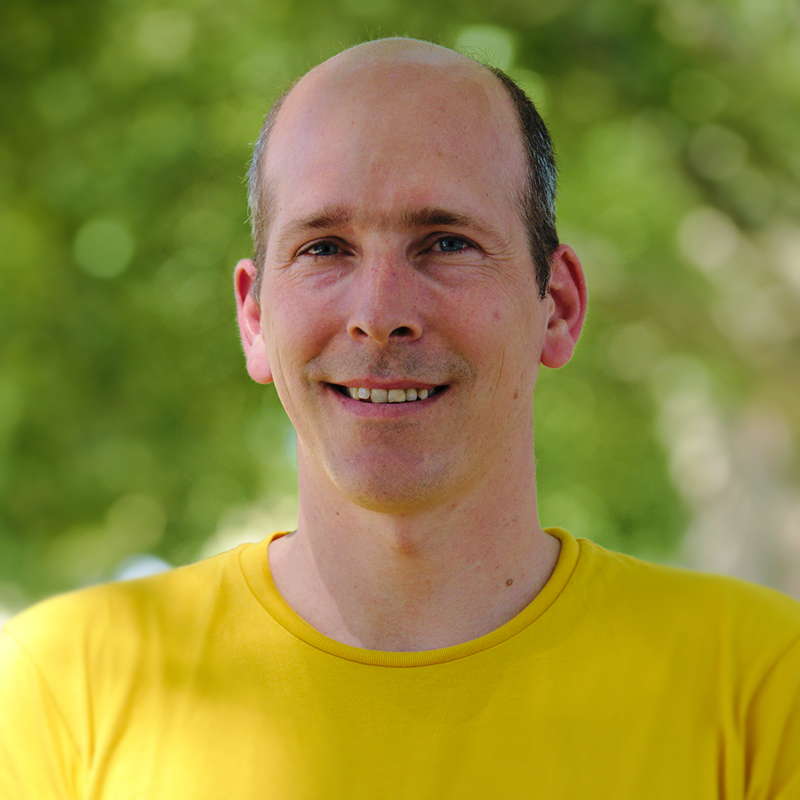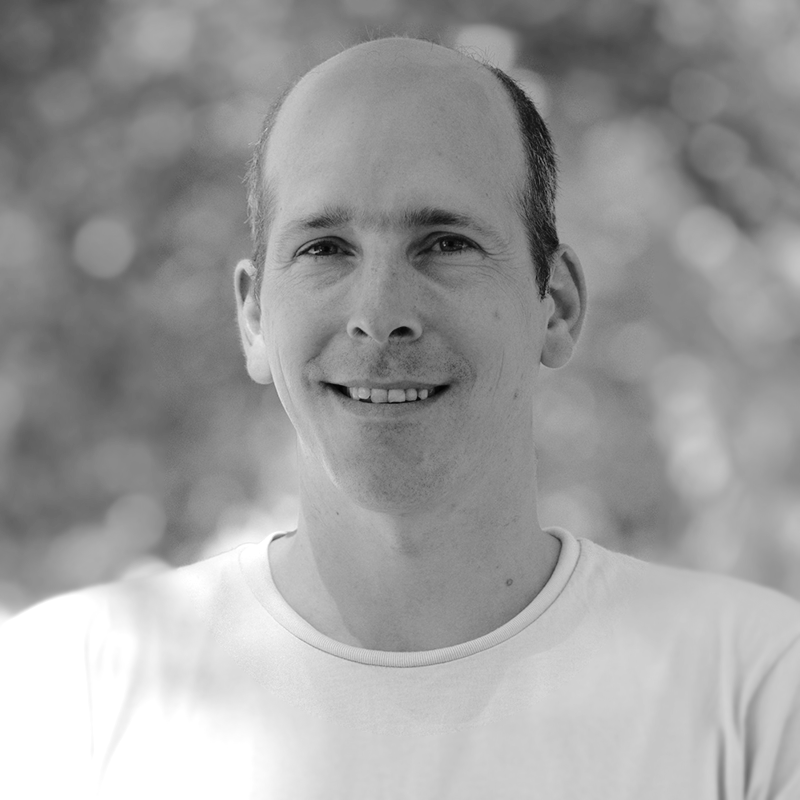Postdoc; coordination and management, academy cooperation. Focus on computational linguistics, digital lexicography, collaborative work processes, software sustainability.
ORCID

CV
Claes Neuefeind has been working as a postdoc at the CCeH since 2019 and is part of the management team responsible for the ‘Digital Humanities Coordination Office’ of the North Rhine-Westphalian Academy of Sciences, Humanities and the Arts (AWK). He studied Information Processing, German Philology and Philosophy at the University of Cologne and completed his doctorate there in 2017 on the topic of “Patterns and Meaning – Meaning Constitution as Contextual Activation in Vector Space”. In addition to questions of data modeling and online presentation, his research interests include the application of computational linguistic methods in the humanities and the sustainability of research software. At the CCeH he coordinates various research projects, including the collaborative projects ‘Itinera Nova’ (Leuven City Archives), ‘Unlocking the Hidden Value of Seals’ (DFG-ANR project with Cologne Byzantine Studies and the CNRS Paris), ‘MPCD: Middle Persian Corpus and Dictionary’ (DFG long-term project with the University of Bochum and the FU Berlin), and ‘VedaWeb’ (DFG-LIS project with the Universities of Freiburg, Würzburg and Wuppertal). He is also active for the CCeH and the DCH in the NFDI consortia ‘Text+’ and ‘NFDI4Culture’ in the area of ‘Software Sustainability’.
publications (selection)
“Sustainability Strategies for Digital Humanities Systems,” in: Book of Abstracts of the Digital Humanities Conference 2020, University of Ottawa und Carleton University: Alliance of Digital Humanities Organizations (ADHO), 2020, Link: https://dh2020.adho.org/wp-content/uploads/2020/07/565_SustainabilityStrategiesforDigitalHumanitiesSystems.html [zus. mit B. Mathiak, P. Schildkamp, U. Karadkar, J. Stigler, E. Steiner, G. Vasold, F. Tosques, A. Ciula, B. Maher, G. Newton, S. Arneil, M. Holmes].
“Sustaining the Musical Competitions Database: A TOSCA-based Approach to Application Preservation in the Digital Humanities,” in: Book of Abstracts of the Digital Humanities Conference 2019, Utrecht University: Alliance of Digital Humanities Organizations (ADHO), 2019, Link: https://dev.clariah.nl/files/dh2019/boa/0574.html [zus. mit P. Schildkamp, B. Mathiak, A. Marčić, F. Hentschel, L. Harzenetter, U. Breitenbücher, J. Barzen, F. Leymann].
“C-SALT APIs – Connecting and Exposing Heterogeneous Language Resources,” in: Book of Abstracts of the Digital Humanities Conference 2019, Utrecht University: Alliance of Digital Humanities Organizations (ADHO), 2019, Link: https://dev.clariah.nl/files/dh2019/boa/0401.html [together with F. Mondaca, F. Rau, B. Kiss, D. Kölligan, U. Reinöhl, P. Sahle].
“Technologieutzung im Kontext Digitaler Editionen – eine Landschaftsvermessung,” in: Book of Abstracts of the 6th Annual Conference of the Association of Digital Humanities in German-speaking Countries (DHd 2019), ed. by P. Sahle [et al.], Mainz / Frankfurt a. M., 2019, pp. 219–222. DOI: 10.5281/zenodo.4622100 [together with P. Schildkamp, B. Mathiak, L. Harzenetter, U. Breitenbücher, J. Barzen, F. Leymann].
“It Takes a Village: Co-Developing VedaWeb, a Digital Research Platform for Old Indo-Aryan Texts,” in: TwinTalks at DHN 2019 – Understanding Collaboration in Digital Humanities, ed. by S. Krauwer and D. Fišer, Copenhagen, 2019, link: http://ceur-ws.org/Vol-2365/ [together with B. Kiss, D. Kölligan, F. Mondaca, C. Neuefeind, U. Reinöhl, P. Sahle].
“Muster und Bedeutung – Bedeutungskonstitution als kontextuelle Aktivierung im Vektorraum” (Dissertation, University of Cologne, 2019). Cologne: MAP. DOI: https://doi.org/10.16994/bam, ISBN: 978-3-946198-40-6.
